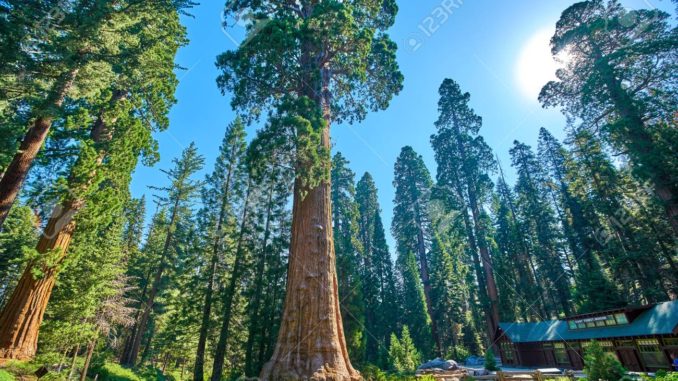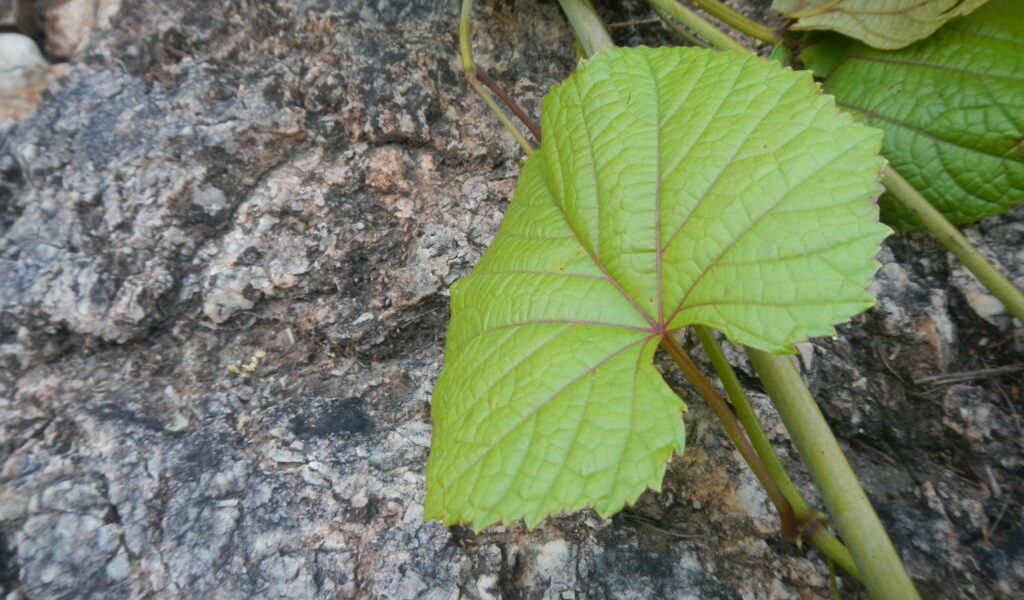
It’s almost impossible to list all the thousands of benefits that trees provide to support life on Earth — they provide clean air and water and food and medicines for humans, they stabilise the soil to avoid erosion, they support thousands of species, they produce oxygen that we need to breathe and they capture carbon from the atmosphere to help slow climate change.
Trees live in association with thousands of microorganisms in the soil. This includes fungi that the trees need to survive. When trees capture carbon from the atmosphere, much of that carbon enters the soil to feed those microorganisms, which are responsible for building healthy soil that supports life and stores carbon for a long time.
There are currently about three trillion trees on Earth — we think this number has fallen by almost half since the start of human civilisation. It is also a matter of worry to find that we are currently losing about 10 billion trees every year — this is speeding climate change and biodiversity loss. But it was found that there is room for about one trillion new trees in the degraded regions of the world that we are not currently using for agricultural or urban land — if we restored those trees, we could capture 100-200 gigatons of carbon from the atmosphere over the rest of the century, which would have a huge impact on biodiversity and climate change.
Based on a research, the United Nations’ Trillion Tree Campaign has been launched to encourage people all around the world to restore trees. Many of the largest companies and governments are pledging funding to support people in restoring healthy, diverse forests. We need to support a huge global movement to protect and restore the world’s forests. This is an opportunity for all of us to get involved.
It is possible an envision of balancing economic demands with ecological rejuvenation. Restoration must be socially responsible. It must not come at the expense of local communities. However, when it’s done right, the restoration of ecosystems can bring countless economic benefits because trees enhance soil fertility and water storage that promotes the growth of other crops — that’s why agroforestry represents a very exciting opportunity to restore trees while increasing agricultural yields.
With funding from the Trillion Tree Campaign as well, we hope more people will be able to receive the support they need to restore diverse forests around the world. This benefits us all.
Matter referenced:
Tom Crowther, a acclaimed Ecosystem Ecologist, Head of the Crowther Lab at ETH Zurich, and Scientific Adviser to UN’s Trillion Tree Campaign; Times Evoke, Times of India, Ahmedabad, Saturday, 18th April, 2020.
By: Dr. Bhawana Asnani.
Happy to see Reviews, Additions, Suggestions and Comments, further.

Greetings! Very helpful advice on this article! It is the little changes that make the biggest changes. Thanks a lot for sharing!